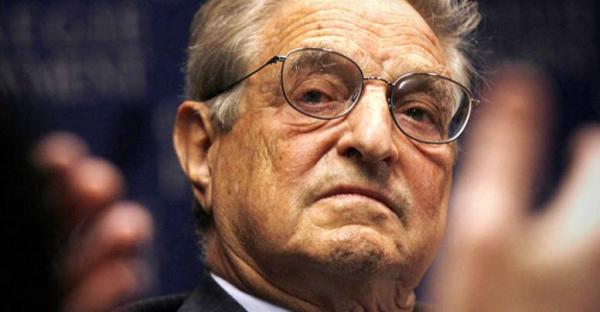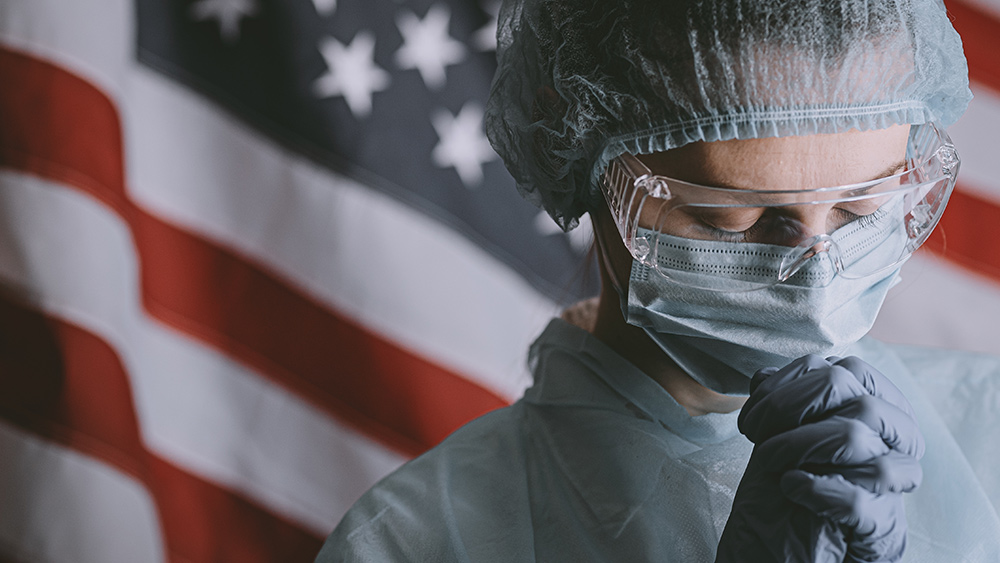
NPB President Jan Struijs made this admission during an interview with Swedish broadcaster SVT. According to the police union head, drug dealers in his country have become so influential that they contend with the official economy.
"I call the Netherlands a narco-state 2.0 because drugs pump so much money into the legal economy that it takes over. It undermines democracy but also the economy," Struijs said.
The Netherlands is often lauded by left-liberals for its drug decriminalization policies, but this allowed the illicit drug trade to flourish. According to SVT, the large illegal drug black economy has influenced several parts of the formal economy of the Netherlands. Even housing prices and some companies that manage legal businesses have not been spared from big-time drug dealers.
Besides influencing the economy, drug trafficking groups have also intimidated and murdered journalists and lawyers in the past few years.
Dutch veteran crime journalist Peter R. de Vries was shot in July 2021 on the streets of Amsterdam and died a few days later. Prior to his death, De Vries served as an adviser for a witness in an important crime gang trial dubbed the Marengo trial.
Lawyer Derk Wiersum, who represented a key witness in the Marengo trial, was also shot dead in broad daylight in 2019. Assailants killed the 44-year-old attorney and father of two children in front of his wife, while outside their home in a peaceful Amsterdam suburb. Wiersum's murder was seen as an attack on civil society, democracy and the rule of law.
The Marengo trial involved the Mocro Mafia and its leader Ridouan Taghi. The Moroccan-born Taghi was arrested in Dubai in 2019 and extradited to the Netherlands. Judicial proceedings for the 43-year-old crime bigwig, presently incarcerated at a high-security prison in the southern town of Vught, commenced in March 2021.
Mocro Mafia handles a third of cocaine traffic in entire Europe
Even though Taghi is already behind bars, several of those who have testified at his trial have asked that they remain anonymous – fearing retaliation from the Mocro Mafia.
Founded in the 1990s, the group is composed of dozens of various clans that traffic cocaine and synthetic drugs throughout Europe. Its name comes from the Dutch slur "Mocro" which was used for people of Moroccan descent living in Belgium and the Netherlands. The group's motto is the Dutch phrase "Wie praat, die gatt" or "Whoever talks, dies."
It initially started by smuggling hashish – derived from marijuana – from Morocco to Europe. However, Taghi eschewed hashish for cocaine, which enabled the Mocro Mafia's rise to become one of the most powerful trafficking cartels in Belgium and the Netherlands in the 2010s. Currently, the group still operates out of the two countries and handles a third of cocaine traffic in the continent.
The Mocro Mafia developed direct ties with cartels in Colombia and Mexico to smuggle cocaine through the ports of Antwerp and Rotterdam. Police drug hauls at the ports have become completely normal that even the European Union Agency for Law Enforcement Cooperation now views Belgium and the Netherlands to be the headquarters of cocaine trafficking in Europe.
Aside from drugs, Taghi's group also made a name for itself through violence. Almost 20 people were killed between 2012 and 2016, amid the so-called Mocro Mafia War. Seventeen members of the drug trafficking group were accused of six killings and numerous attempted murders.
The situation became so dire that in 2021, Dutch Prime Minister Mark Rutte was put under police protection for fears that the Mocro Mafia would target him.
Follow DrugCartels.news for more news like this.
Watch the video below to know more about the murder of journalists investigating the Mexican drug cartels.
This video is from the Excellent PODCASTS & Real NEWS channel on Brighteon.com.
More related stories:
America is being transformed into a dangerous narco-terrorist state by design.
America has collapsed into a PHARMA STATE run by government-protected drug cartels.
Credit Suisse found guilty of “being unable to prevent” money laundering by drug ring.
China now dominating global drug trafficking with money laundering and chemical production.
Sources include:
Please contact us for more information.






















